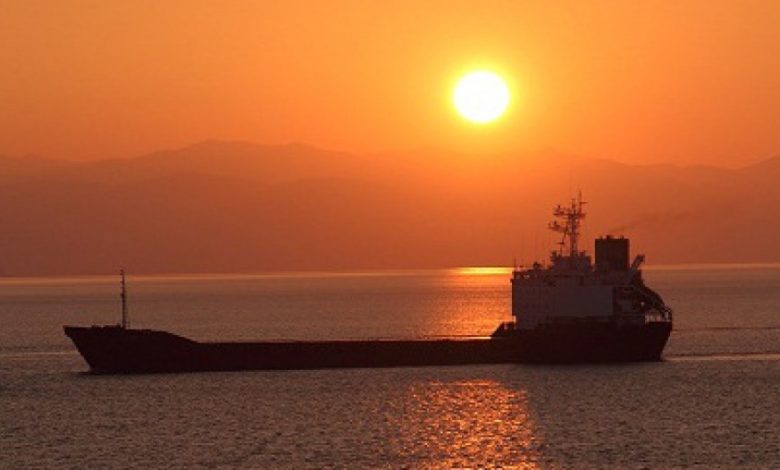New partnership will map the business case for shipping’s sustainable energy shift

The Global Maritime Forum, World Economic Forum, Friends of Ocean Action, International Association of Ports and Harbors, Environmental Defense Fund, and University College London Energy Institute have partnered with global network P4G. The new P4G Getting to Zero Coalition Partnership builds on the Getting to Zero Coalition, which unites more than 130 public and private organisations and has been endorsed by governments in 14 countries. The goal of the coalition is to have commercially viable zero emission vessels operating along deep sea trade routes by 2030 as a key step towards achieving the climate goals set by the International Maritime Organization.
PG4, which stands for Partnering for Green Growth and the Global Goals 2030, is an initiative, commenced in 2018, with the ambition of becoming the world’s leading forum for developing concrete public-private partnerships at scale to deliver on the the Paris Climate Agreement.
Studies of Indonesia, Mexico and South Africa will now be carried out by the shipping coalition to identify tangible business and investment opportunities in green energy projects that can propel maritime shipping’s decarbonisation and contribute to sustainable and inclusive growth in developing and emerging economies.
“Investing in abundant untapped renewable resources can be one of the most effective measures in reaching net zero by 2050 in order to avoid serious impacts of climate change. This is where the Getting to Zero Coalition partnership comes in and P4G is pleased to be a part of this wider global energy transition. We look forward to further collaborating with change-makers and leaders around the world to accelerate decarbonizing shipping and bring sustainable development gains to developing and emerging countries,” said Ian de Cruz, P4G’s global director.
“The maritime industry has made it clear that the future of shipping is carbon free,” said Aoife O’Leary, Director at Environmental Defense Fund. “The industry’s target of reducing greenhouse gas emissions by at least 50% by 2050 will create a trillion-dollar market opportunity to kick start a worldwide transition to zero carbon shipping.”
The partners in the project maintain that investment in the land-based energy infrastructure that is required to decarbonise shipping holds the potential to drive substantial development gains. A study by the Energy Transitions Commission and UMAS for the Getting to Zero Coalition estimates the cumulative infrastructure investment that is needed in the next 20 years for shipping to make the transition to zero carbon energy sources to be approximately $1-1.4trn. The land-based infrastructure and production facilities make up around 87% of the total.
“Shipping’s decarbonisation can spur investment in large-scale energy projects and in ports of developing and emerging countries with access to abundant untapped renewable energy resources that can be converted into zero carbon fuels and power maritime shipping and a range of other industries,” commented Patrick Verhoeven, managing director at the International Association of Ports and Harbors.
Any agreement on policy to enable shipping’s transition from fossil fuels must respect principles of equity and ensure there are no strong negative impacts on developing countries, the new partnership stated today.
“It is crucial that developing countries are leaders of shipping’s decarbonisation. This will need public-private multi-stakeholder dialogue to ensure that all circumstances are considered both in SIDS and LDCs and the countries this project will study. The P4G Getting to Zero Coalition Partnership will explore how it can accelerate shipping’s green transition while taking into consideration the technological and economic impact on trade and opportunities for developing states, to ensure access to affordable, reliable, sustainable and modern shipping for all,” said Dr Tristan Smith, reader at the UCL Energy Institute and director of UMAS.
The P4G Getting to Zero Coalition Partnership aims to identify new growth opportunities that will be needed as countries seek to recover better from the current Covid-19 pandemic.
“As policymakers formulate policies and stimulus measures to kickstart the global economy, they have a unique opportunity to rebuild a better more sustainable and resilient economy by taking the long-term impacts of investments on the climate into consideration,” a press release from the group stated today, adding: “Lessons of the coronavirus tell us that there is a need for a resilient and future-proof strategy to shape a sustainable future to avoid another global emergency that will have destructive and irreversible consequences on human wellbeing.”
